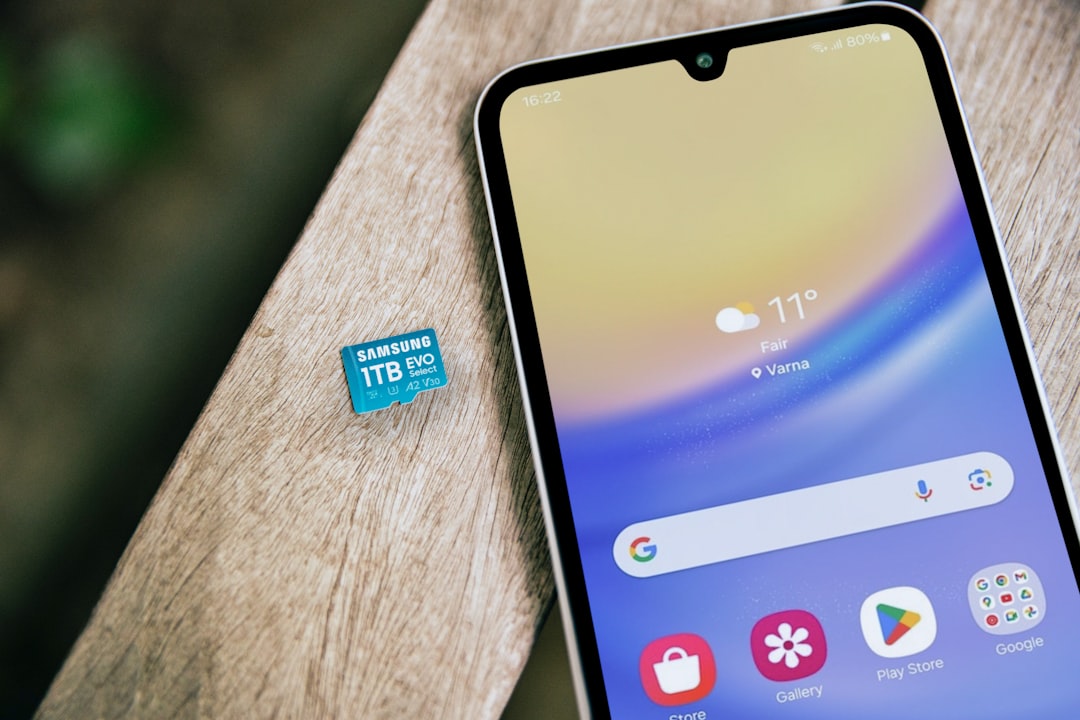The Do Not Call Registry in South Carolina empowers residents to block unwanted spam and telemarketing calls, offering peace of mind and control over communication. State law obliges telemarketers to respect these preferences, protecting vulnerable populations from privacy invasion and fraud. If dealing with excessive unsolicited calls, check the National Do Not Call Registry, consult spam call attorneys South Carolina for guidance, document calls for evidence, and file complaints with the South Carolina Public Service Commission or pursue legal action.
In South Carolina, the Do Not Call Registry (DNCR) is a powerful tool designed to protect residents from intrusive spam calls. This comprehensive guide explores how the DNCR operates, clarifying who it protects and empowering individuals with actionable steps if they encounter unauthorized telemarketing. Understanding these regulations is crucial for South Carolina residents seeking relief from persistent spam calls, and knowing when to involve spam call attorneys can make a significant difference in resolving these issues effectively.
What is the Do Not Call Registry and How Does it Work in South Carolina?

The Do Not Call Registry is a vital tool designed to protect residents of South Carolina from unwanted and intrusive spam calls. This state-mandated registry allows individuals to opt-out of receiving telemarketing or sales calls, ensuring they can enjoy peace of mind in their daily lives. By registering their phone numbers, South Carolinians can prevent unwanted communication from various sources, including businesses, political organizations, and charities.
In South Carolina, the process is straightforward. Residents can register their landline or mobile phone numbers through the official Do Not Call Registry website or by contacting their local public utility commission. Once registered, the state’s law requires telemarketers to honor these preferences, preventing them from calling the registered numbers for marketing purposes. This mechanism empowers citizens to take control of their communication and avoid the hassle and potential risks associated with spam calls, including privacy invasion and fraud. It also facilitates a safer digital environment by reducing the chances of falling victim to scams or deceptive practices, especially among vulnerable populations such as the elderly.
Who is Protected by the Do Not Call Registry Laws?

In South Carolina, the Do Not Call Registry laws are designed to protect residents from unwanted and intrusive phone calls, particularly those considered spam or telemarketing. These regulations extend coverage to all individuals and households within the state who have registered their telephone numbers on the official Do Not Call list. Homeowners, renters, and even cell phone users are eligible to sign up and enjoy peace of mind knowing they won’t be bothered by unsolicited calls.
The registry plays a crucial role in empowering South Carolinians to take control of their communication preferences. By registering, residents can block spam call attorneys and other telemarketers, ensuring they receive only calls from pre-approved sources. This safeguard is particularly valuable for those who frequently experience harassment or misdirected marketing attempts, offering a simple yet effective solution through the official Do Not Call Registry.
Enforcing Your Rights: Steps to Take if You Receive Spam Calls in South Carolina

If you’re experiencing an influx of unwanted spam calls in South Carolina, know that you have rights and options to protect yourself. The first step is to verify if the caller is on the National Do Not Call Registry. If they’re not, or if you continue to receive calls despite registering your number, it’s time to take action. Consulting with spam call attorneys South Carolina can provide invaluable guidance and support. These legal experts can help navigate the regulatory landscape and advise on the best course of action, which may include sending cease-and-desist letters or exploring legal remedies against the offending parties.
Documenting the spam calls is crucial. Save any messages, record call times, and note the caller’s number. This evidence will be beneficial if you choose to file a complaint with the South Carolina Public Service Commission (PSC) or take legal action. The PSC has authority over telecommunications companies and can investigate complaints related to spam calls. Engaging with spam call attorneys South Carolina who understand these processes can ensure your rights are enforced effectively.






